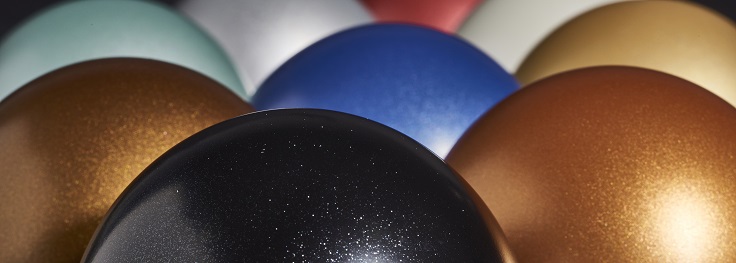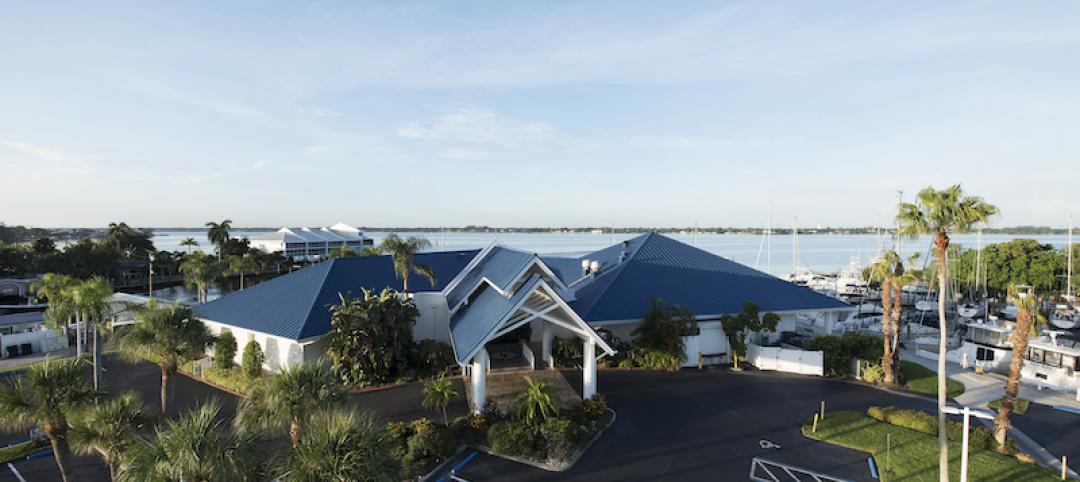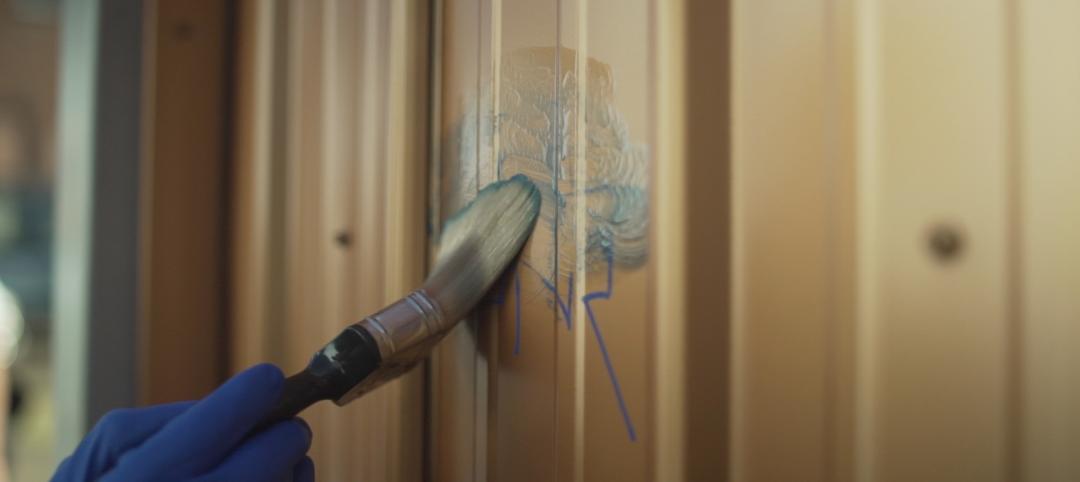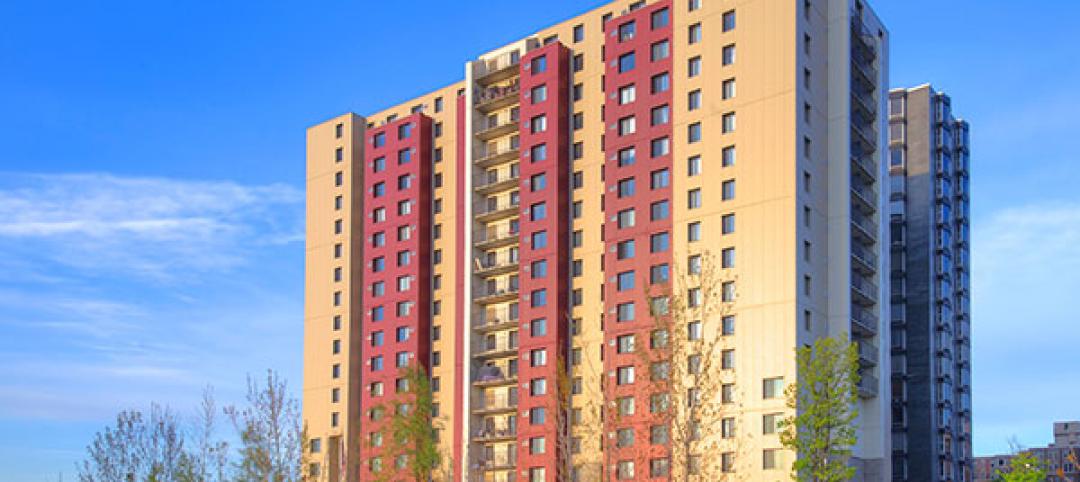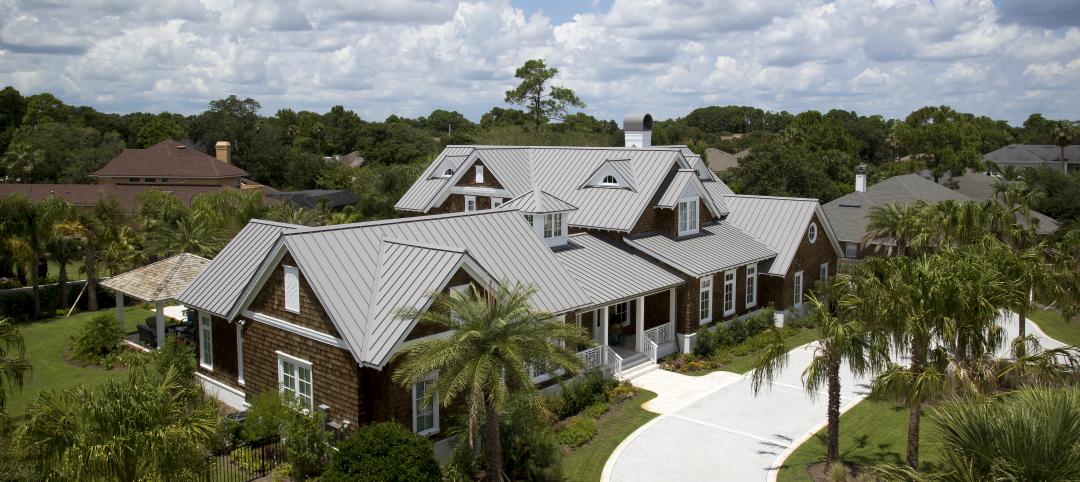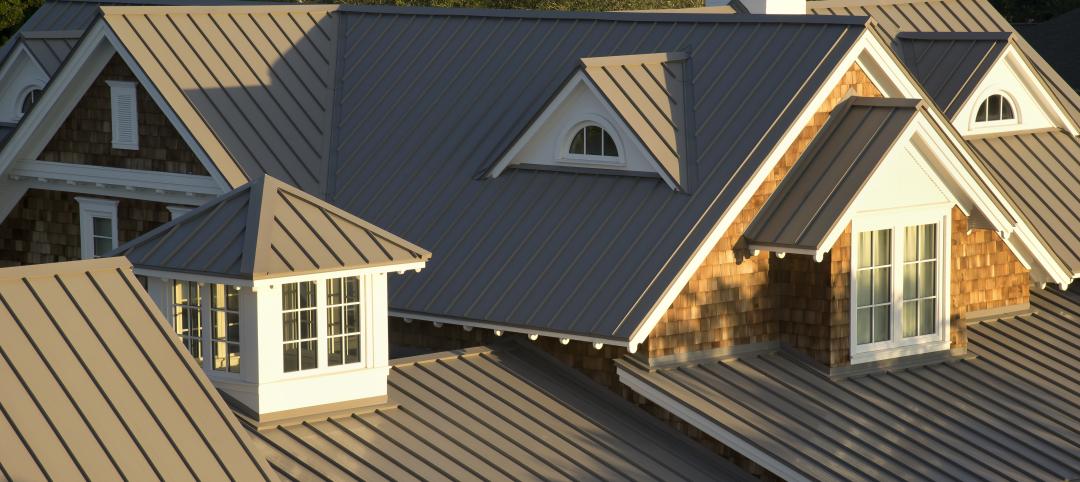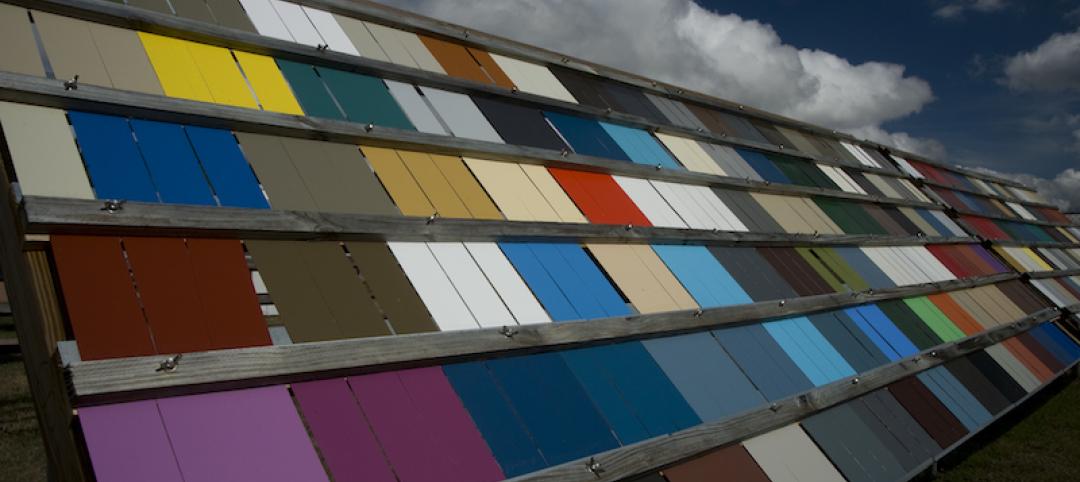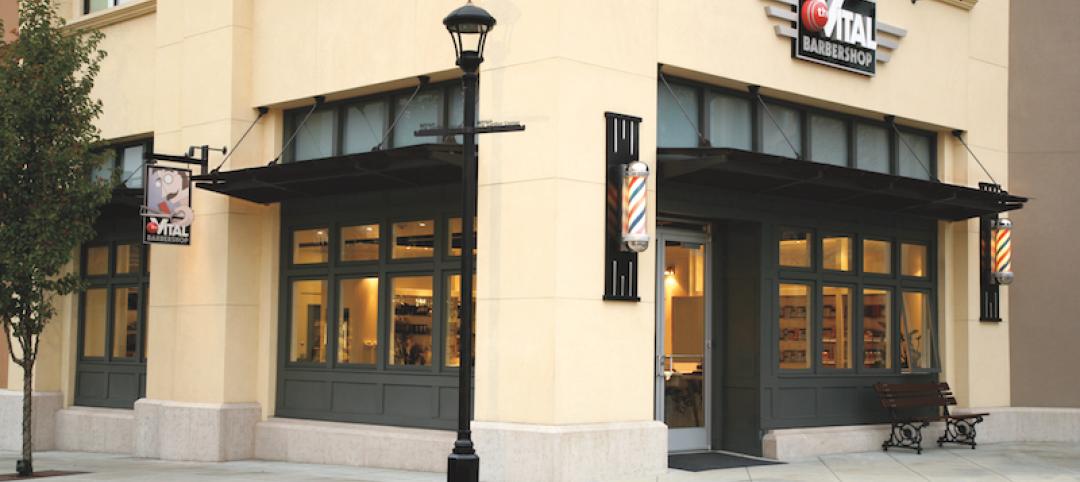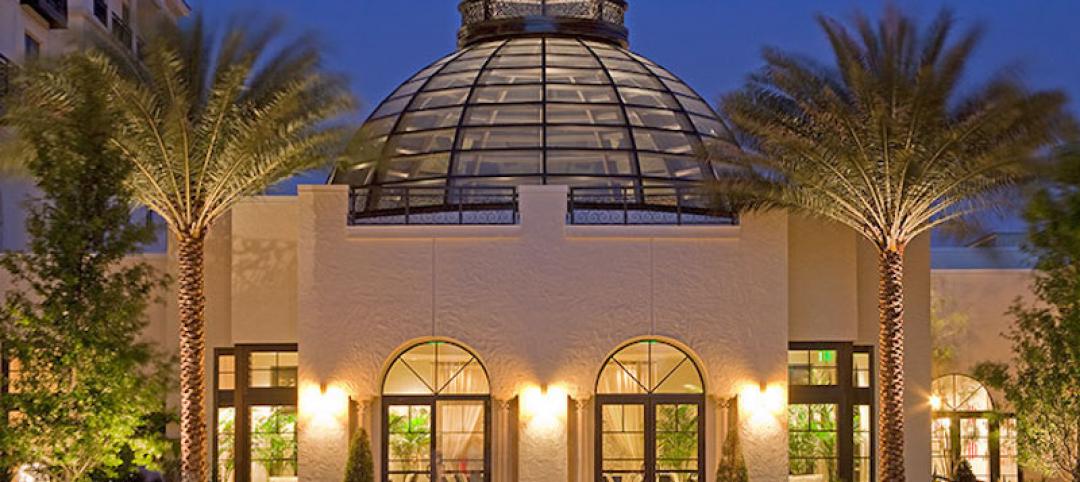With a sparkling appearance and aesthetic appeal, metalescent coatings contain flakes of materials with reflective qualities. These flakes reflect light from multiple angles, creating the desired shimmering, gorgeous effect.
In the 1960s, a three-coat system was first introduced, containing a primer, metallic base coat, and a clear coat. Aluminum flakes were combined with color pigments to create the desired shimmering effects. In the early days, aluminum flakes were sometimes used without a clear coat, allowing the aluminum to oxidize. This caused the coating color to change and the coating surface to deteriorate.
Metallic coatings have required three coats; a primer, a color coat and a protective clear coat. That is because the aluminum flake pigmentation used in traditional metallic coatings reacts with the elements, and requires a clear topcoat to prevent the metal flakes from oxidizing. Adding a clear top coat can add to the total coating cost to apply the third coat. Eliminating the clear coat is helping to keep costs down.
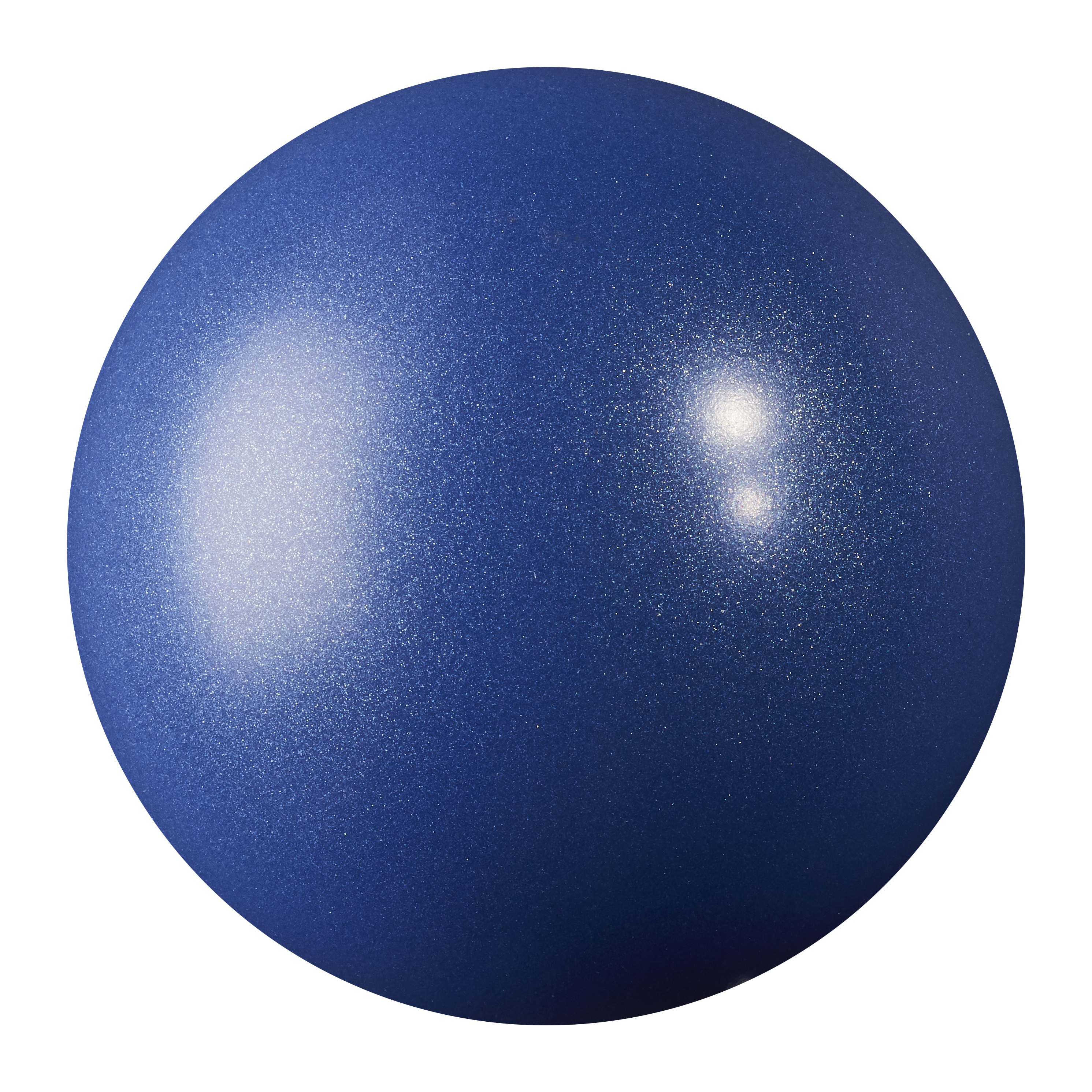 Valspar's Fluropon II in Dark Blue
Valspar's Fluropon II in Dark Blue
However, you can absolutely achieve a vibrant, metallic finish with only two coats. Aluminum degrades in the elements. Mica, on the other hand, is a stable mineral, packed with inert components. Mica doesn’t degrade the way aluminum does—making the clear coat unnecessary.
Today, paint chemists have increased the sophistication of metallic coating formulations, relying less on aluminum for its sparkling aesthetic. Valspar’s formulations take the sophistication one step further, blending different flake pigmentations that make clear coats optional.
What is this metalescent material? It’s mica. Mica is a unique mineral with properties that make it perfect for use in paint. It’s chemically inert, and stable to exposure from the elements.
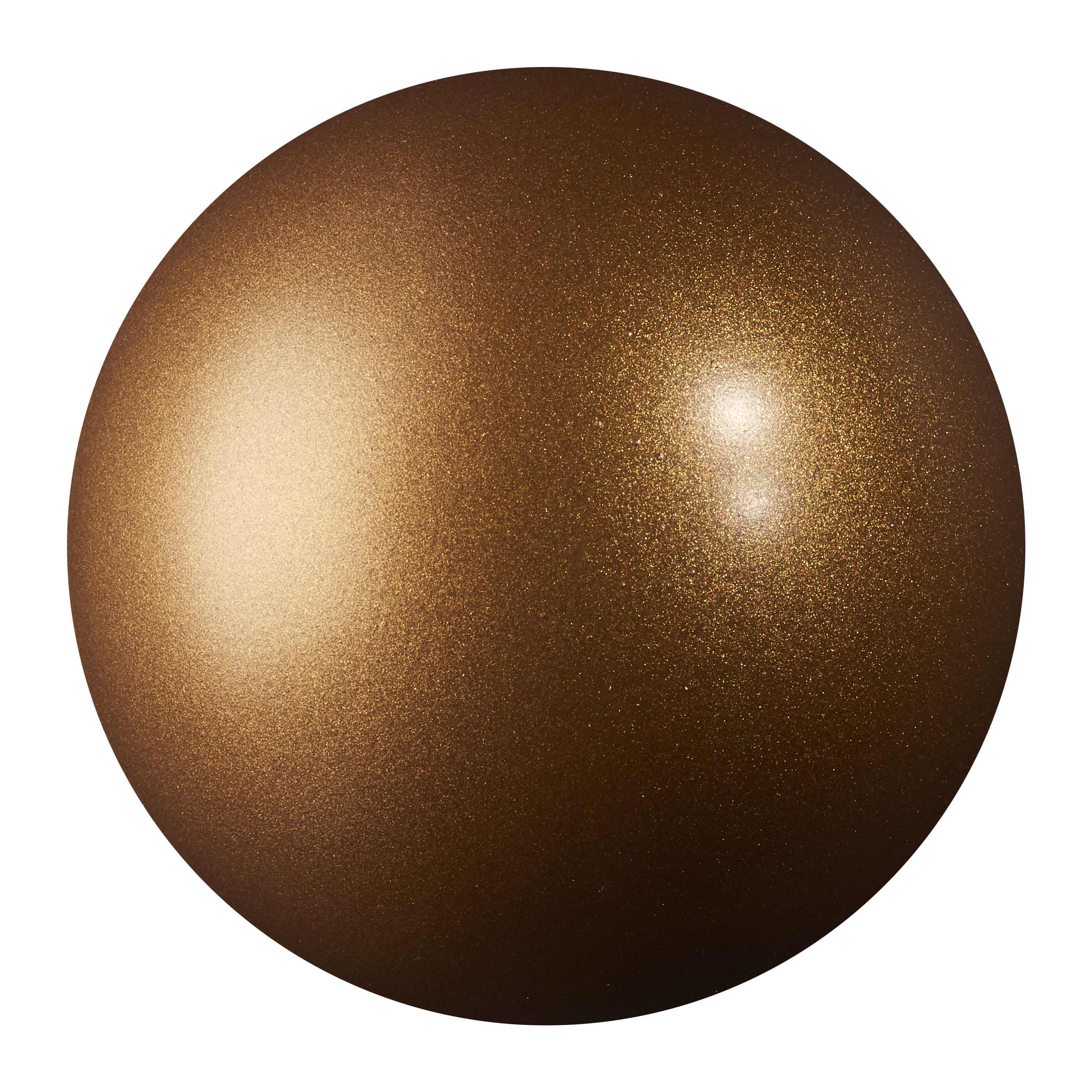 Valspar's Fluropon II in Autumn Glimmer
Valspar's Fluropon II in Autumn Glimmer
The world of architectural coatings is always evolving. Large paint manufacturers invest tens of millions of dollars in research and development every year to innovate coating formulations, enhance performance, and reduce environmental impact. Modern metallic coating systems are just one example of how coatings have improved over the years.
Metallic architectural coatings have advanced tremendously, and can now be specified on projects in more creative ways than ever before. We invite you to join us in this evolution by checking out our colors page, downloading our latest color trend research, or contacting your Valspar sales representative today.
More from Author
Jeff Alexander | Mar 19, 2019
Green innovation in the construction industry
Although individual companies can make a difference, collaboration is crucial for creating the most significant impact.
Jeff Alexander | Aug 17, 2018
Anti-graffiti coatings keep projects pristine
The Sherwin-Williams Coil Coating products you know and trust are designed to keep your buildings beautiful and free of graffiti.
Jeff Alexander | Aug 7, 2018
8330 On the River
A housing community offering beautiful views of the Detroit River and Belle Isle as the city's waterfront is undergoing dramatic restoration.
Jeff Alexander | Jul 31, 2018
Color trends: Hit pause
Color has the power to help us go within and reset.
Jeff Alexander | Jul 24, 2018
Metal roofs take the residential market by storm
As metal roofing soars in popularity, so do the aesthetic options.
Jeff Alexander | Dec 28, 2017
Cool coatings reduce heat islands
Innovative products can help lower energy costs and mitigate the heat island effect
Jeff Alexander | Dec 19, 2017
Which Fluropon coating is best for your next project?
Energy efficiency is a top priority to lower operating costs and protect the environment.
Jeff Alexander | Dec 13, 2017
Why are Valspar’s 70% PVDF coatings world famous?
Our two-coat formulation of fluoropolymer resin ensures exceptional color and durability in a variety of climates.
Jeff Alexander | Nov 8, 2017
Alfond Inn brings Mediterranean charm near Disney World
The inn’s “jeweled center” consists of a 39-foot domed skylight across the conservatory.

